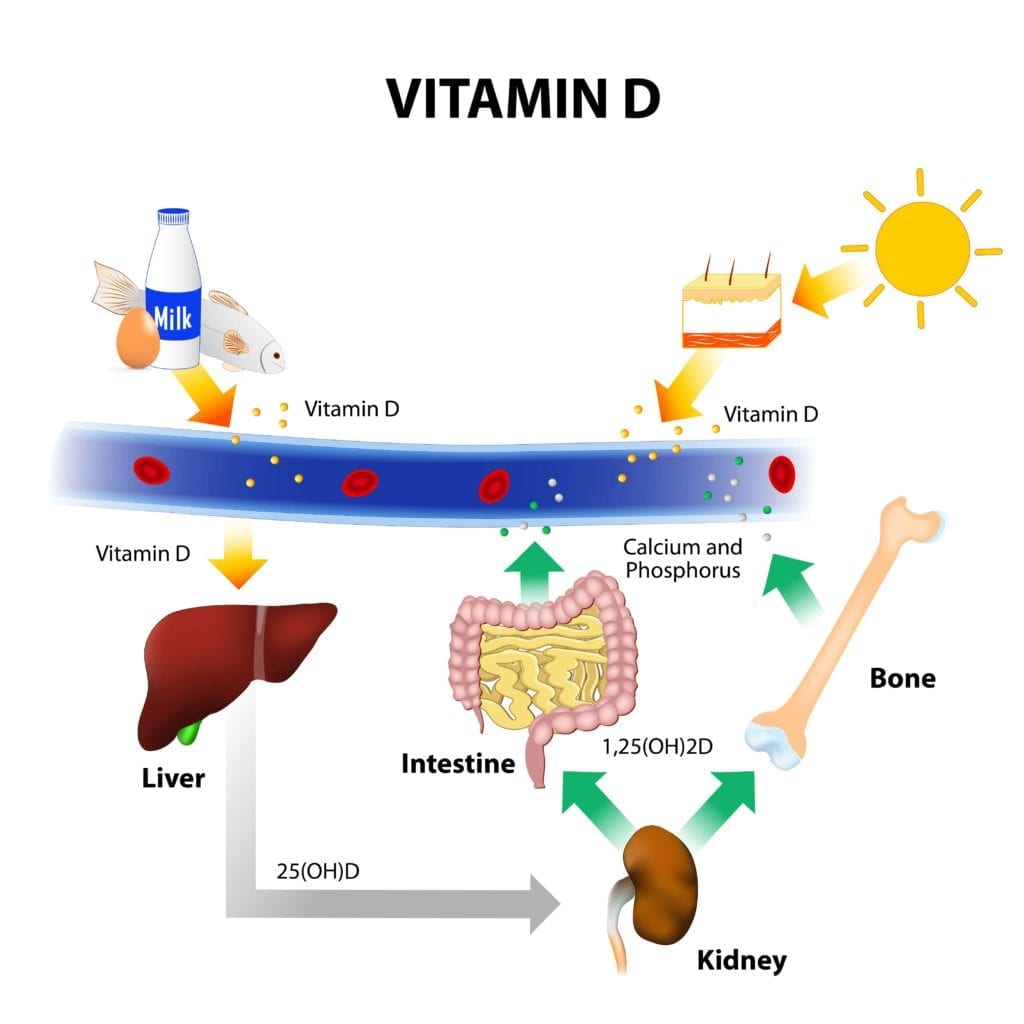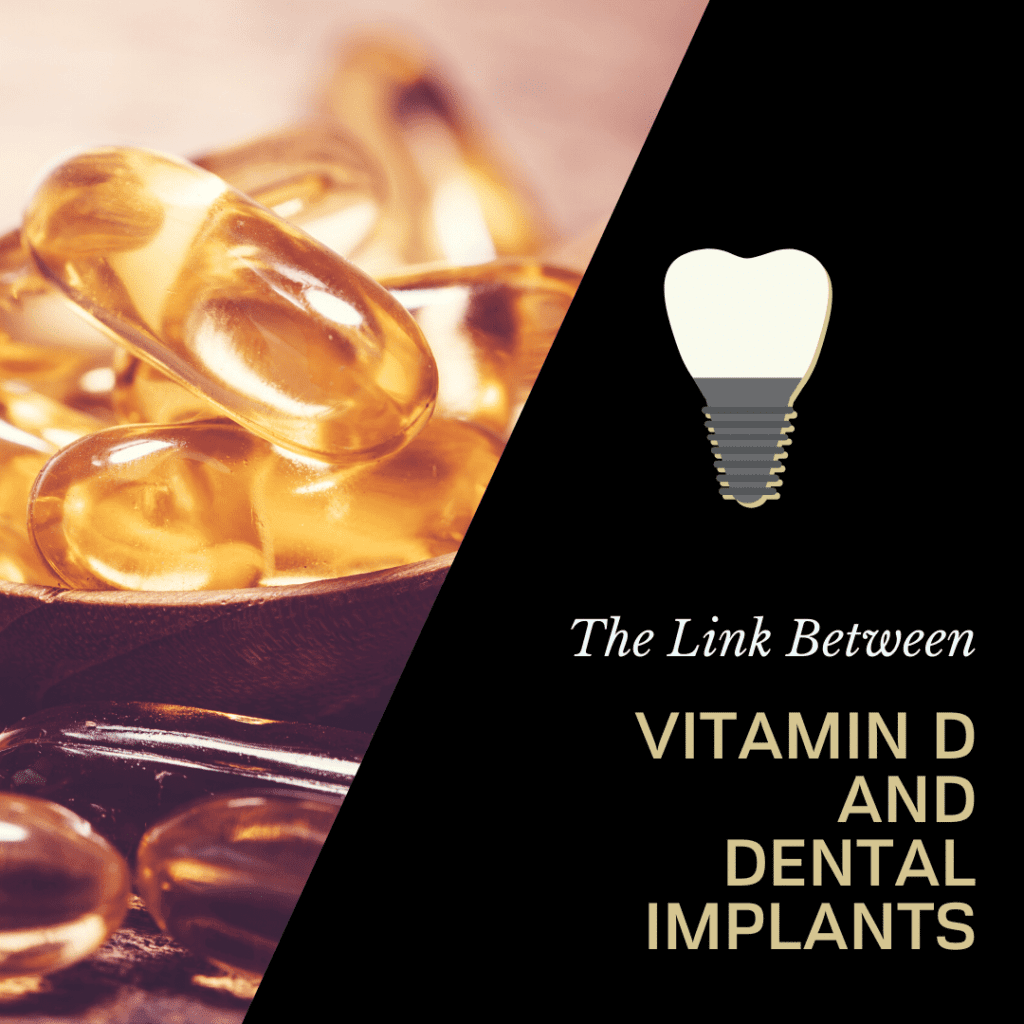If you have decided to have dental implants placed, chances are that you want to do everything possible to make sure you have the best treatment outcomes. Your cosmetic dentist wants this too and they will likely provide you with post-treatment guidelines to help your recovery go as quickly and as smoothly as possible. Following all these guidelines are one great way to have the best treatment outcomes, but there is also something else you can do.
You can take a vitamin D supplement. That is, if you are deficient in vitamin D. A study published in the National Center for Biotechnology Information database states that as many as 41.6% of adults are deficient in vitamin D, meaning that this problem is more common than you may think. Additionally, people are at an elevated risk of a vitamin D deficiency when they are over the age of 65 or overweight, have a dark skin tone, wear sunscreen when outside, and those who spend the majority of their time indoors.

Luckily, a vitamin D deficiency can be detected with a simple blood test and treated with an affordable, over the counter supplement. However, there are different dosages available, so you will need to consult with your doctor to determine which dose is best for your needs. In addition to taking a supplement, your doctor may also recommend spending more time in the sun, as well as consuming more fatty fish and dairy products, which all contain vitamin D.
At this point, you are probably wondering why your vitamin D levels matter when having dental implants placed. To answer that, we need to take a look at just what vitamin D does for the human body. Vitamin D helps maintain and grow new bone by allowing the body to absorb calcium and phosphorus from foods as they pass through the large intestine. The body can only absorb these important minerals if vitamin D is present. Therefore, if you have a vitamin D deficiency, your body will absorb less calcium and phosphorus.

Now, let’s consider how the dental implant process works. Once your dentist has placed the implants, they must heal for about 3-6 months. During this time, they are undergoing a process called osseointegration where the implant fuses with the surrounding bone. In order for the implant to fuse with the jaw bone, however, new bone growth must occur.
People with adequate levels of vitamin D are more likely to have healthy bones and are generally able to have the new bone growth needed for dental implant success. However, people who are deficient in vitamin D may have a harder time, or it may take longer for the implant to heal properly. This is because their bodies absorb less calcium and phosphorus, which makes it difficult for the body to grow new bone.
Not only does vitamin D help improve implant success by promoting healthy bone growth, but it can also reduce the risk of postoperative infection and gum disease. This is because vitamin D has been found to have antimicrobial and anti-inflammatory properties. Avoiding infection and maintaining gum health are also important factors in ensuring implant success.
Overall, vitamin D plays an important role in increasing the chances of implant success. It does this through maintaining and generating new bone in the body, as well as decreasing the chance of postoperative complications like infection and gum disease. However, many people are vitamin D deficient and may not even know it. If you are having dental implants placed, you may want to have your vitamin D levels tested so you can make sure you are doing everything you can to increase your treatment outcomes.

Dr. Admar holds dual certificates — a Bachelor of Dental Surgery (BDS) in 2010 from India and a Doctor of Dental Surgery (DDS) in 2014 from Canada. He is now a full time practicing dentist in Kamloops where he provides a variety of services. Dr. Admar spends hundreds of hours in continued dental education to stay up to date in cosmetic and implant dentistry and he has achieved several advanced qualifications.


